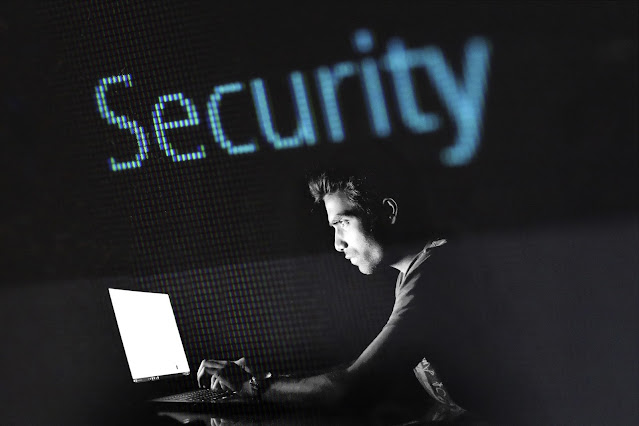But what are you able to do to make sure you don’t fall prey to an attack? Our helpful information to web security will assist you.
Here are eight tips for browsing the internet safely.
1. Keep Your System Updated.
Hackers always on the hunt for brand new methods to get into people’s computer systems. It is important that you must stay up-to-date with these modifications and obtain any new updates.
2. Block Pop-ups
While most pop-ups are only annoying ads attempting to get you to purchase something, some might be extra malicious.
To avoid malicious attempt at getting you to accidentally click on links, set up a pop-up blocker.
3. Use and Install Antivirus Software
It should go without saying that to stop viruses and malware attacks, you should have antivirus software installed on your system. Antivirus software will detect and remove viruses as well as prevent any new infections. Do your research, choose a software program that fits your needs, and use it.
4. Use a Firewall
Using a firewall is one of the best way to stop Hackers from hacking you. A firewall is a network security device that monitors incoming and outgoing network traffic and decides whether to allow or block specific traffic based on a defined set of security rules. Setting up a firewall make your system more secure.
5. Use Strong Passwords
Strong passwords are your best friend. A strong password is the equivalent of a deadbolt on a door. The more difficult it is to gain entrance to your accounts, the safer your accounts are. Whenever you access any website with a password, you should make sure that it is unique. Use a mixture of letters and numbers and change your passwords often.
6. Be wary of clicking links in email or instant messages
Viruses spread easily through links in instant messages and email attachments. Even if you know and trust the person who sent it, it’s possible the link is infected and the sender is unaware of it. That free trial of your "favorite website" is not worth it.
7. Bookmark important sites
Always bookmark your pages you visit regularly to avoid making a mistake when typing the name of the website. A mistyped address could take you to a false site that mirrors the site you intended to go to, but with malicious code that can harm your computer and compromise your information. A bookmarked link will always take you to the right page every time.
8. Give Consideration to Where You are Accessing the Web
If you’re using your device to access the internet in public spaces such as coffee shops and airports, consider the safety of the network that you’re connected to.
In addition to being cautious of public networks, consider using a safe charging datablocker to protect your device when plugged into a public USB socket.
Most importantly be sure to protect your online life just how you protect yourself in person. Don't share personal information to your online "friend" unless you are 100 percent sure that they are good people. Always remember the above steps so you can protect your online life remember Safe Web Browsing Habits are important!
For more great articles, please visit our site.

.jpg)










.jpg)



0 Comments
If you have any questions just email me.
Emoji